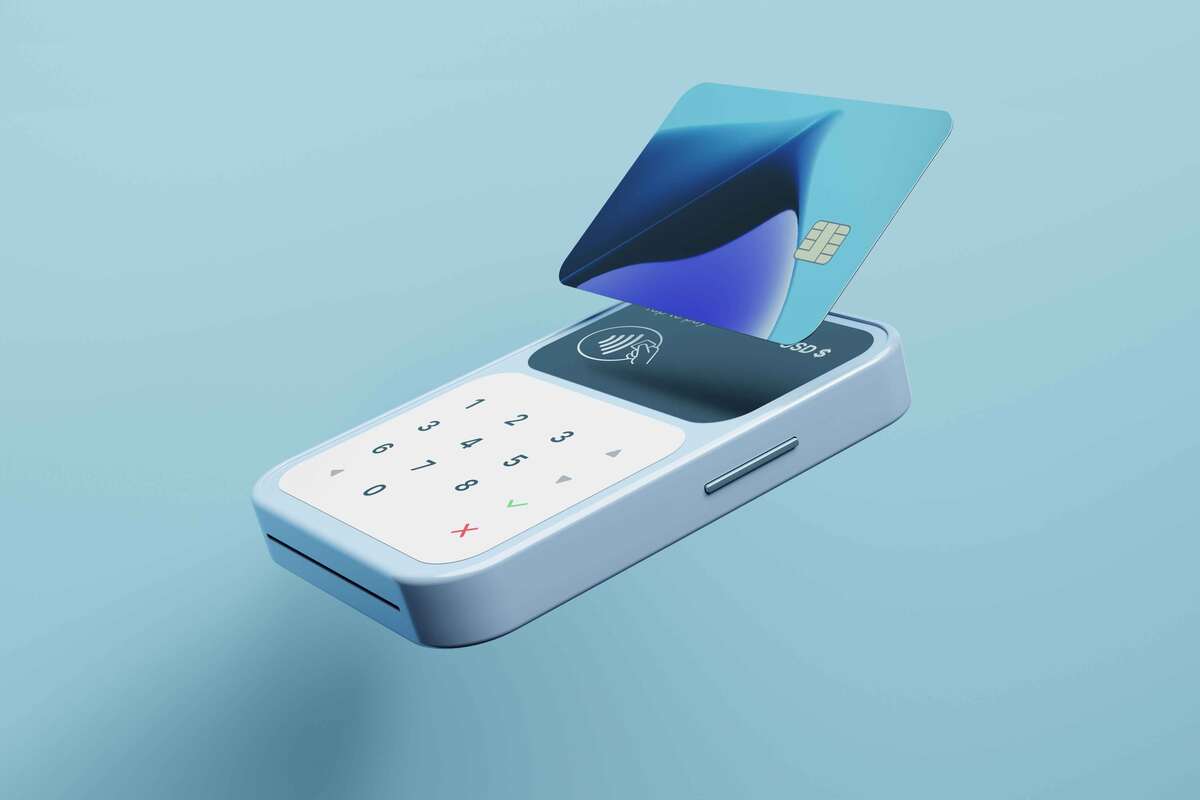HIPAA-Compliant Payment Processing for Telehealth: What Providers Need to Know
In today’s healthcare landscape, telehealth is a cornerstone of modern medicine, expanding access to care across state lines, time zones, and even socioeconomic barriers. This includes both medical and mental health services.

No hidden fees. Ever.
Real-time accounting
SOC 1 & SOC 2 compliance
Expert human support

Table of Contents
Virtual care is booming — but if your payment processor isn’t HIPAA-compliant, your entire business could be at risk.
In today’s healthcare landscape, telehealth is a cornerstone of modern medicine, expanding access to care across state lines, time zones, and even socioeconomic barriers. This includes both medical and mental health services. One thing to keep in mind is that behind every video consult or therapy session lies a layer of trust — and that includes how you handle your patient’s payments.
Why Payment Processing in Telehealth Is Different
Telehealth providers aren’t just managing copays or subscription services — they’re handling Protected Health Information (PHI), often in the same tools used to collect and store payments. This means that payment processing must be more than just fast and functional — it must be HIPAA-compliant.
Unlike traditional retailers or healthcare clinics, virtual providers face:
- Increased fraud risk due to remote transactions
- Confusion around PCI vs. HIPAA compliance
- Complexities with recurring billing and flexible payments like FSA/HSA
- Legal exposure when their tools store patient information without the right safeguards
Not All Processors Are HIPAA-Compliant–And That’s a Problem
Here’s the kicker: Most payment processors are not required to be HIPAA-compliant. Many won’t sign a Business Associate Agreement (BAA) — the document that makes them legally accountable for protecting PHI.
And while PCI compliance covers financial security, it doesn’t account for healthcare data. If your processor doesn’t understand HIPAA, they could:
- Store patient information without safeguards
- Integrate with third-party tools that violate regulations
- Leave you vulnerable in the event of a breach
Compliance isn’t a checkbox. It’s a contract of trust between you and your patients.
Unique Worries Telehealth Providers Face
Let’s get real. If you’re a mental health provider, an addiction recovery service, or a women’s health platform, you’re probably asking:
- “Can I safely offer flexible payments without storing PHI?”
- “What happens if my billing platform isn’t HIPAA-compliant?”
- “How do I stay compliant when offering recurring services across multiple states?”
These aren’t just billing questions. They’re legal and ethical concerns — and they deserve better answers.
What You Might Not Know About HIPAA and Payment Processing
- HIPAA compliance isn’t automatic — even for healthcare apps. Many EHRs integrate with processors that aren’t compliant.
- A processor must sign a BAA to be truly HIPAA-compliant. Without it, the legal responsibility falls entirely on your practice.
- Text-to-pay, invoicing tools, or portals might violate HIPAA. If they store or transmit PHI, you need secure systems in place.
- FSA/HSA cards require special configuration. Not all processors support them, especially in virtual environments.
- Chargebacks in telehealth are rising. A HIPAA-conscious partner helps you handle disputes while protecting patient privacy.
Patients trust you with their most vulnerable moments — and that trust extends to how you handle their payments. Don’t leave your telehealth practice exposed. Work with a payment partner that understands the stakes, signs the BAA, and supports you with secure, seamless solutions designed for virtual care.
Supercharge your Payments
RevitPay is here to help you scale smarter — from your 1st transaction to your 100,000th.
Previous
Next
Frequently Asked Questions
Recent Articles
A Seamless Start to Smarter Payment Processing
Request an Application
Submit for Approval
Start Processing
Explore More Online Payment Solutions
Everything you need to process payments wherever, whenever.
Seamless & Secure Payment Processing
Payment Methods That Power High Risk Businesses
We offer a wide range of secure, flexible payment methods tailored to the needs of high risk merchants. From credit card processing and mobile payments to ACH, eCheck, and more, our solutions are built to help your business accept payments confidently.
Credit Cards
Fast, familiar, and essential.
Give your customers the convenience of paying by credit card while maintaining the fraud protection and flexibility high risk merchants need.
Mobile Payments
Payments on the go.
Whether in-store or remote, accept transactions via smartphones and tablets, keeping your business agile and responsive.
Bitcoin & Crypto Payments
Stay ahead of the curve.
Expand your payment options to bypass traditional banking barriers and get paid faster—with global reach and fewer limitations.
MOTO Payments
Mail and telephone orders made easy.
Process card-not-present transactions securely with MOTO functionality, ideal for businesses that take payments by phone or through manual orders.
ACH Payments
Lower fees, higher reliability.
Automated Clearing House (ACH) payments are perfect for recurring billing or high-ticket items, offering a secure, bank-to-bank alternative to cards.
eCheck Payments
Modernize check payments.
Accept digital checks with ease, streamlining your processing while reducing risk and delays often associated with traditional paper checks.
Seamless Continuity Billing for Subscription-Based Businesses
Looking to support subscription models? Our Continuity Subscriptions solution offers automated recurring billing, built-in autobill features, and reduced payment churn—perfect for businesses that rely on predictable revenue.

Find the Right Way to Get Paid
Whether you’re running an online store, accepting payments remotely, or operating in a high risk space, RevitPay gives you the tools to process transactions with confidence and ease.
A Seamless Start to Smarter Payment Processing
Request an Application
Submit for Approval
Start Processing
Ready to get started?
Join businesses who are saving thousands each year with RevitPay.





